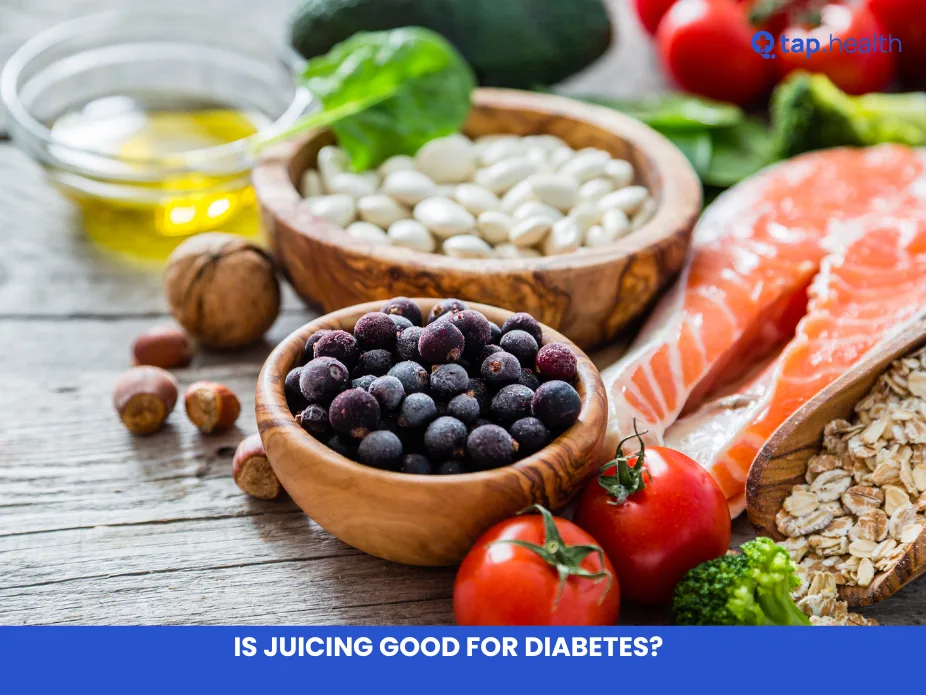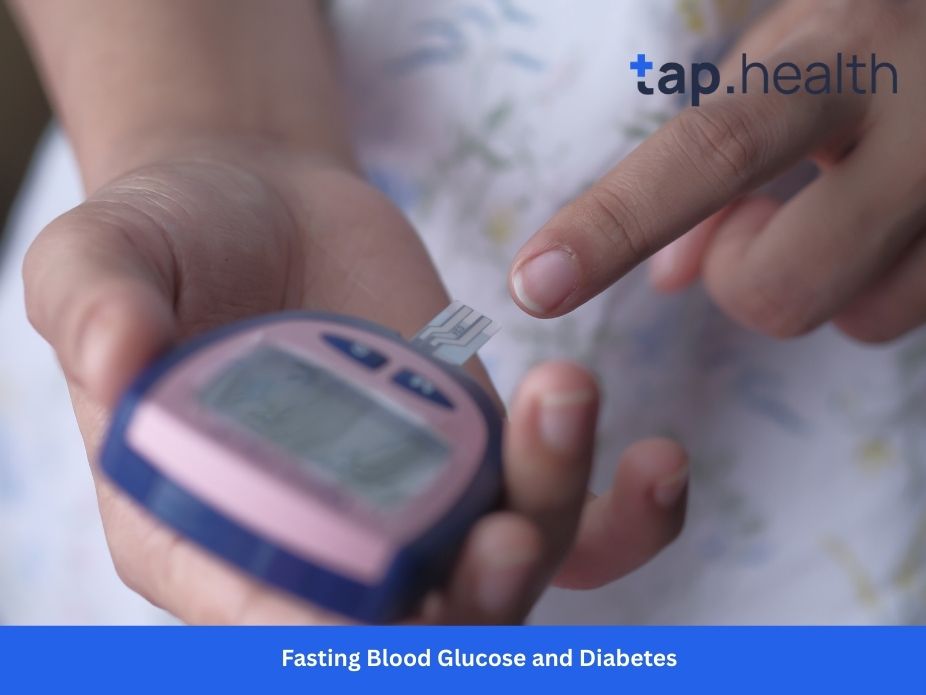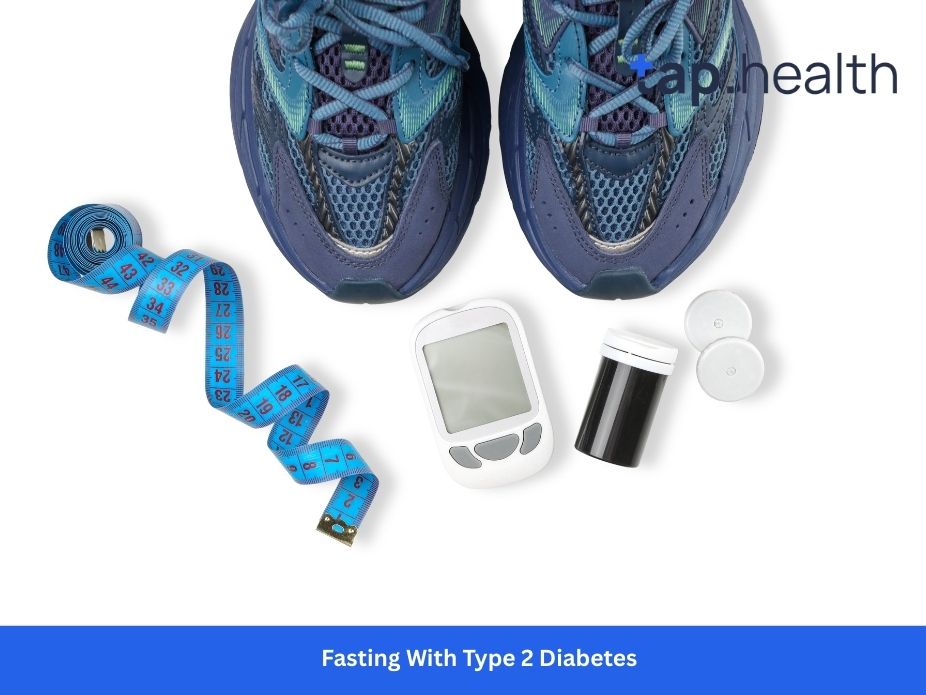Juicing has become a popular health trend, but if you’re living with diabetes, you might wonder: “Is juicing good for me?” While fresh juices can be packed with vitamins and nutrients, they can also impact blood sugar levels. In this blog, we’ll explore the pros and cons of juicing for people with diabetes, share real-life experiences, and provide expert advice to help you make informed choices.
What Is Juicing?
Juicing involves extracting the liquid from fruits and vegetables, leaving behind the pulp and fiber. While the result is a nutrient-rich drink, it’s important to consider how juicing affects blood sugar levels—especially for those managing diabetes.
Is Juicing Good for Diabetes?
The answer isn’t straightforward. It depends on the type of juice, how it’s prepared, and the individual’s overall diabetes management plan.
Pros of Juicing for Diabetes
- Nutrient Boost: Fresh juices are packed with vitamins, minerals, and antioxidants that support overall health.
- Convenience: Juicing can help people increase their intake of vegetables, which are essential for a balanced diet.
Cons of Juicing for Diabetes
- High Sugar Content: Fruit juices, even natural ones, can cause blood sugar spikes due to their concentrated sugar content and lack of fiber.
- Lack of Fiber: The fiber in whole fruits and vegetables slows down sugar absorption, which is lost during the juicing process.
Also read this – does masturbation cause testicular cancer
Real-Life Scenarios
Kavita’s Juicing Journey
Kavita, a 42-year-old homemaker from Chennai, decided to try juicing to manage her weight and boost her energy. However, after a week of daily fruit-based juices, her blood sugar levels began to fluctuate.
“I thought I was making a healthy choice, but my doctor explained that juices, especially fruit-based ones, release sugar into the bloodstream too quickly,” Kavita shares.
With her doctor’s guidance, Kavita switched to vegetable-based juices with low-glycemic ingredients like spinach and cucumber. “Now, I juice smarter, and it’s helping me feel healthier without the sugar spikes,” she says.
Expert Contributions
Insights from Dr. Rahul Mehta, Endocrinologist
Dr. Rahul Mehta, an endocrinologist based in Mumbai, advises caution when it comes to juicing for diabetes.
“While juicing can be beneficial in moderation, it’s essential to focus on vegetables and avoid sugary fruits like mangoes and bananas. Fiber is critical for blood sugar management, so incorporating whole fruits and vegetables is always a better choice,” Dr. Mehta explains.
He recommends testing blood sugar levels after consuming juice to understand its impact on your body.
Learn more about Dr. Rahul Mehta’s work here.
Recommendations Grounded in Proven Research and Facts
If you’re considering juicing as part of your diabetes management plan, follow these guidelines:
1. Prioritize Low-Glycemic Ingredients
Choose vegetables and fruits with a low glycemic index (GI) to avoid spikes in blood sugar. Examples include:
- Spinach
- Kale
- Cucumber
- Green apples (in moderation)
2. Pair Juice with Protein or Fiber
Adding a source of protein or fiber, such as chia seeds or a handful of nuts, can slow down sugar absorption and help maintain steady blood sugar levels.
3. Practice Portion Control
Even low-GI juices can cause problems if consumed in large quantities. Stick to small servings (about half a cup) to minimize risks.
4. Monitor Blood Sugar Levels
Always test your blood sugar before and after drinking juice to understand how your body reacts. Adjust your intake accordingly.
5. Opt for Blending Instead of Juicing
Blending retains the fiber from fruits and vegetables, making smoothies a better option for people with diabetes.
Factual and Reliable Information
Here are some essential facts about juicing and diabetes:
- Fiber Matters: Fiber helps regulate blood sugar levels by slowing sugar absorption. Juices lack this essential nutrient.
- Fruit Juices Are Riskier: Fruit-based juices can cause blood sugar spikes, even if they’re fresh and homemade.
- Vegetable Juices Are Safer: Low-GI vegetables like celery, cucumber, and spinach are better options for juicing.
For more information, visit this reliable resource from the American Diabetes Association.
FAQs
Q1: Can people with diabetes drink fruit juice?
A: Fruit juice can cause blood sugar spikes and should be consumed in moderation. Focus on low-GI fruits like green apples or berries if you choose to include them.
Q2: Is vegetable juice safe for diabetes?
A: Yes, vegetable juice made from low-GI vegetables is a safer option. Avoid adding high-sugar ingredients to keep it diabetes-friendly.
Q3: How much juice can a diabetic drink?
A: Stick to small portions (about half a cup) and monitor your blood sugar levels before and after drinking juice.
Q4: Should I choose blending over juicing?
A: Blending is better for diabetes management because it retains fiber, which helps regulate blood sugar levels.
Q5: Are there any juices to avoid with diabetes?
A: Avoid high-sugar juices like orange juice, mango juice, and store-bought options with added sugars.



